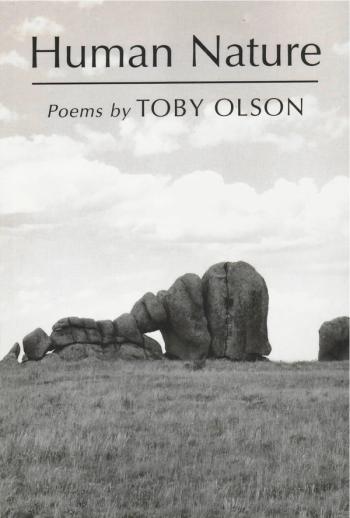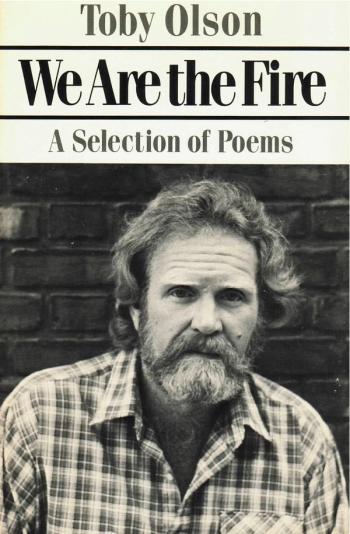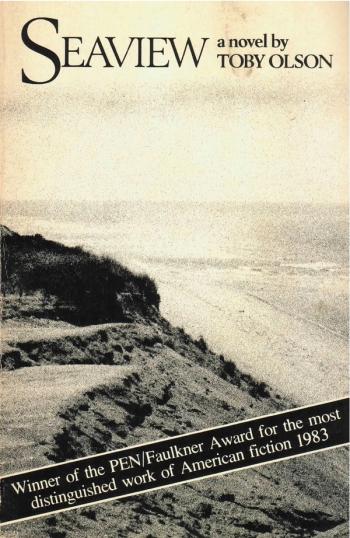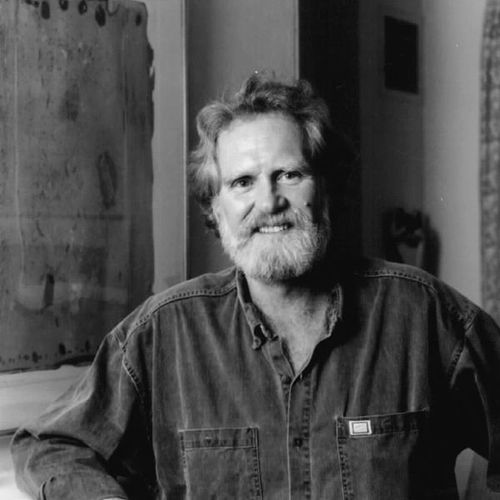Toby Olson

Human Nature
by Toby Olson
Human Nature is the first book of new poems by the poet and novelist Toby Olson since We Are the Fire (New Directions. 1984). The intervening years saw five of his novels published to strong critical acclaim. “But,” says Olson, “one day I woke from fiction to discover I’d not written a poem in close to ten years. How to return to poetry after being away from it so long?” Certainly not in repetition of things done before. In Human Nature, Olson joins the novelist’s art to the poet’s through remembrances of friends and events in times gone by. “In Human Nature,” he says, “even the most autobiographical poems let fiction in.”

We Are The Fire
by Toby Olson
The poems in Toby Olson’s We Are the Fire, a selection made by the poet himself of his later work, stand as better than half of what he wishes to save from the years 1970-84. (The collections Home and Aesthetics, published by Membrane Press, Milwaukee, in 1976 and 1978 respectively, complement the present volume.) Olson came into national prominence when his second novel, Seaview, received the PEN/Faulkner Award in 1983, but as a writer he has always given his poetry prime place. Readers of Olson’s novels will recognize familiar themes among these poems that parallel their development in his fiction––“Incest” and “The Father” did in fact appear in his first novel, The Life of Jesus (1976). The landscape of Cape Cod, the setting for much of Seaview, is evoked again and again in “Birdsongs” and “The Florence Poems," a tender memorial to a close friend whose death from cancer achieves a communion that transcends grief. And in Olson’s ongoing series “Standards,” of which six are included here, his singular lyric eroticism is underscored by his remarkable metaphrasing of American popular songs. “For me,” Olson says, “the making of poetry increasingly becomes an act of celebration. What is celebrated is not the significance of things and events but the things and events themselves. It is not the tales but the details that I am concerned with.” We Are the Fire lights the details.

Seaview
by Toby Olson
The action of Toby Olson’s second novel, Seaview, sweeps eastward, following three men and two women across a wasted American continent from California to Arizona, through the devastated Midwest plains, to apocalyptic confrontation on Cape Cod. When we meet Allen and Melinda, they are about to begin their return to the Atlantic Coast. Melinda is dying of cancer and hopes to reach the seaside where she was born before her end comes. Allen, her husband, earns their way back by golf hustling, working the links en route. Outside of Tucson, the two of them meet up with a Pima Indian named Bob White, who is also headed toward the Cape, to help a distant relative who has claims on a golf course there known as Seaview, laid out on tribal grounds. For all the sorrow in the journey, there is a certainty of purpose in Allen and a wisdom in both Melinda and Bob White that combines to sustain them. Yet all the while, Allen knows he is being stalked by a former friend. Richard, a drug-pusher whom he has crossed and who is now determined to murder him. Accompanying Richard is the woman Gerry, their tortured lives standing as a dream of what might have become of Allen and Melinda had things been otherwise. The lines that draw these people together end at Seaview Links, and on the mad battlefield that this golf course becomes, the novel reaches its complex ending. “Seaview,” says Olson, “is a place for rage, humor, inarticulate love, and untranslatable skill; in short, an American place, where human fortunes are hazarded on the half-natural landscape of fairways, roughs, and greens.”
